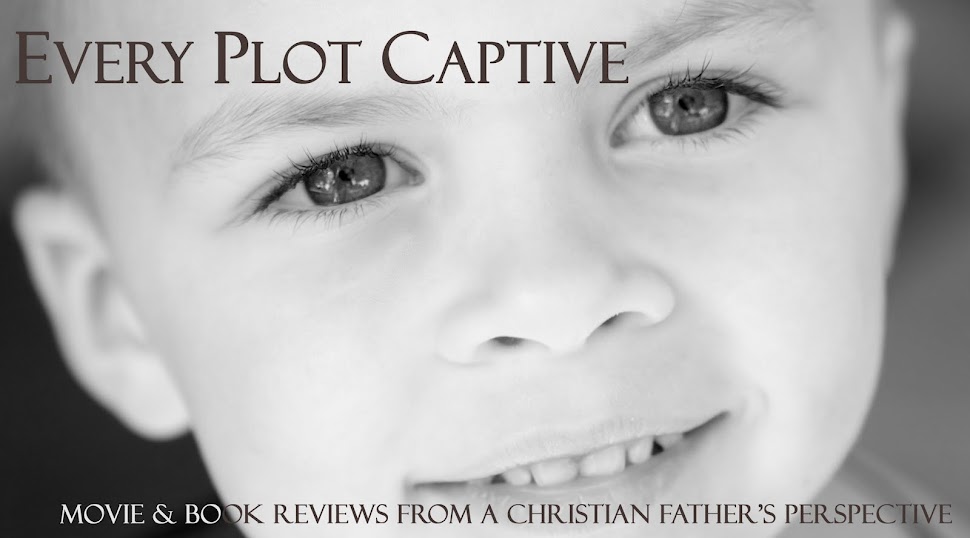Bicycle Thief Review: ROUGH DRAFT
Thursday, June 9, 2011
The point is not a point – it’s a perspective. Walk a mile vicariously in his shoes. Join him for a week as he buckles lower and lower under the crush of poverty with his hopeful son never far from his side.
There are 2 separate scenes in which the main character is attacked by a mob … we, the viewers, are his only advocates, because we are the only ones who know what he’s been through. We’re the only ones who know how he FEELS – we empathize, and that is the goal. The main point [according to the director] is empathy – overcoming the detachment of discussion revolving around poverty [or reconstruction] and putting you inside the life of those involved so that you FEEL his plight – the disappointment, pressure, outrage, terror, despair and finally the compromise. The film does not allow you to judge without sympathy.
Fatalistic Hedonism leading to …
Finally Ricci gives up: "You live and suffer," he tells Bruno. "To hell with it! You want a pizza?"
Biblically: Eat drink and be merry for tomorrow we die.
And then, in the famous closing sequence of the movie, Ricci is tempted to steal a bicycle himself, continuing the cycle of theft and poverty.
At the time it was released, it was seen as a Marxist fable (Zavattini was a member of the Italian communist party).
True, Ricci is a character entirely driven by class and economic need.
Neorealism, as a term, means many things, but it often refers to films of working class life, set in the culture of poverty, and with the implicit message that in a better society wealth would be more evenly distributed. – very honest – but beautiful in simplicity – well suited for black and white.
Morality … Why?
How are we to face life’s hardships, dissapointments, and even terror’s? Are these Divinely orchestrated or chaotically meaningless? If the first, we can wait on God and endure with supernatural peace and hope; if the latter, then despair and compromise are the only options – anything rosier is absurd. Morality is a word, an empty word, and nothing more. So there is no reason not to steal someone else’s bike or work within the framework of God’s laws – take matters into your own hands and survive as long as you can, while staying as comfortable as you can, whatever way you decide you want to do so at the time. These are the options. Karma changes nothing. It’s as impersonal and irrelevant as the nothingness it masks.
The universe is not an impersonal place where the providence of God has little or nothing to do with the blessings we receive. –DW That is the essence of a Christian view of life and suffering.
Themes: Urbanization ‘city life’ and its limitations, Victimization, Corruption, Lack of community [the thief of the bike is protected and supported by his community, the main character has only a few friends who are in the end impotent to help him], Government intervention and over-regulation [even movie poster hangers are gov’tlly employed – men are unable to find work because they’re limited to certain {few} openings because of paperwork, etc], Grinding poverty reducing/ trapping people into a life of crime [the original title of the film was ‘The Bicycle Thieves’ – plural, focusing on the original perpetrators … not the ‘hero’, contrast of the wealthy and poor side by side [scene in restaurant w/ little snobby girl and spaghetti plate/ also his job, pasting up movie posters from the decadence of Hollywood as a starving man]; Morality – gray areas? Strong convictions and moral principleness vs bending to circumstances and compromising to survive, pressures of a provider, Reconstruction problems – germany/italy after ww1/ww2?; the way myths and supersticians trap and manipulate us [fortune teller and the money she hoarded without giving any real help or hope – draining the most desparate of the people]









0 comments:
Post a Comment